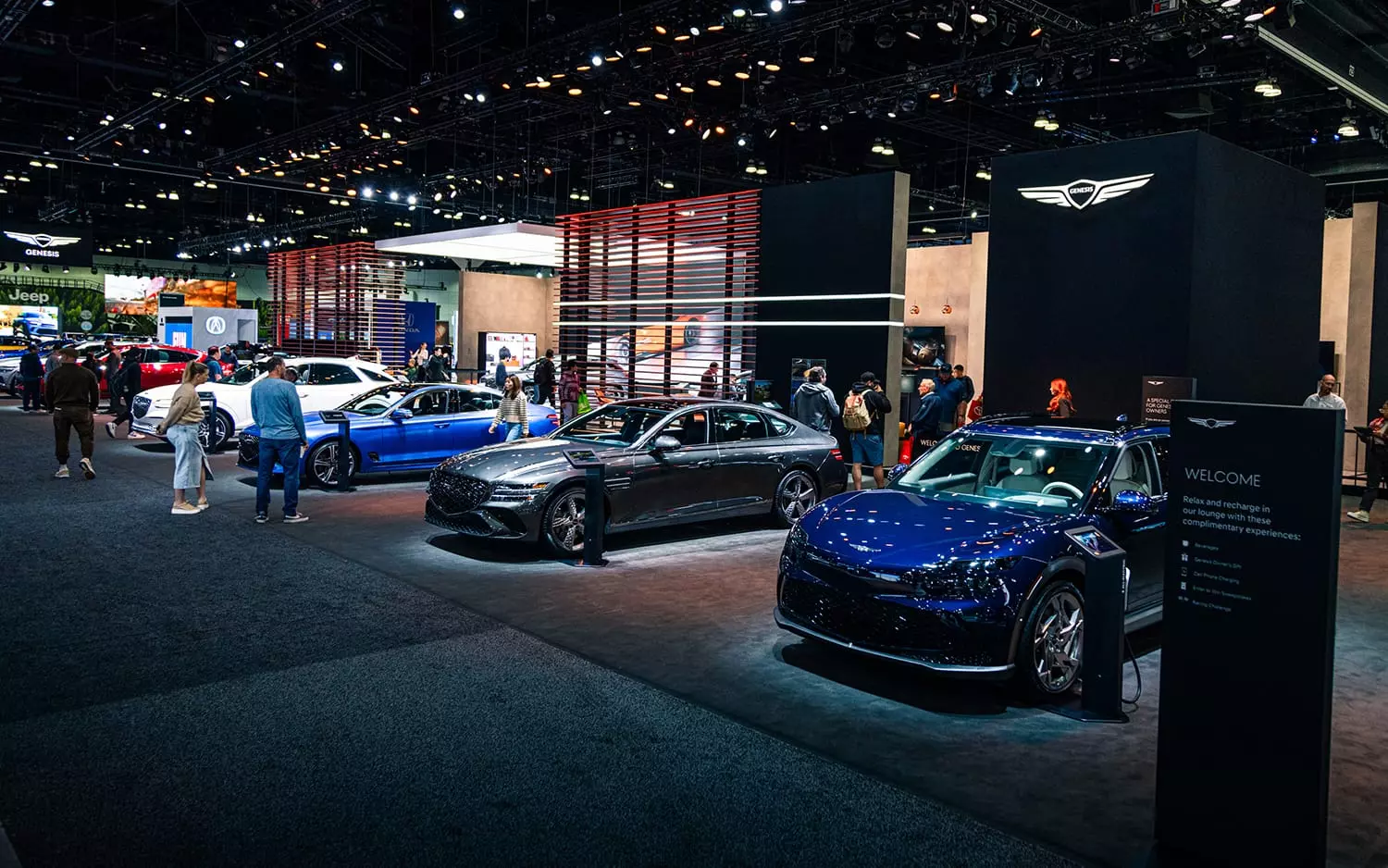The automotive industry has seen remarkable growth and evolution, with a rich history of innovation, technology, and design shaping the vehicles we drive today. From the earliest models to the advanced electric cars of the future, the journey of the automobile has been a testament to human ingenuity. Let’s take a deep dive into the world of the automotive industry, exploring its key moments and transformations.
History
The history of the Automotive industry dates back to the late 19th century, where pioneers like Karl Benz and Henry Ford laid the foundation for what would become a global industry. In 1886, Benz created the first gasoline-powered car, marking the birth of the modern automobile. Ford, however, revolutionized the industry in the early 1900s with the introduction of the moving assembly line, making cars affordable and accessible to the masses.
The Ford Model T, launched in 1908, became the first car that the average American family could afford, and it set the stage for mass production in the automotive sector. This was a turning point that would reshape the global economy, leading to the rise of automobile ownership as a symbol of social mobility and economic prosperity.
Innovation
As time passed, the automotive industry embraced numerous innovations that transformed both the cars and the driving experience. In the mid-20th century, advancements in safety, design, and technology took the spotlight. The introduction of power steering, automatic transmission, and improved braking systems made driving easier and safer.
In the 1980s, the focus shifted toward fuel efficiency, driven by the oil crisis and environmental concerns. Manufacturers began exploring new materials, alternative fuels, and hybrid technology to reduce the environmental impact of vehicles.
Fast forward to today, and electric vehicles (EVs) have become a key innovation. Companies like Tesla have spearheaded the movement toward sustainable transportation, offering zero-emission vehicles powered by batteries. The growth of the electric vehicle market has been accelerated by advances in battery technology, government incentives, and the increasing awareness of climate change.
Global Impact
The automotive industry has had a significant impact on the global economy. It is one of the largest industries in the world, employing millions of people and contributing to both local and global economic growth. The production of cars and components fuels job creation in manufacturing, design, engineering, and sales.
Moreover, the automotive sector has influenced urban development, infrastructure, and the environment. As cars became more prevalent, cities expanded to accommodate roads, highways, and parking spaces. The automobile also transformed social dynamics, offering individuals the freedom to travel long distances and fostering cultural exchange and economic activity.
Sustainability
In recent years, sustainability has become a driving force in the automotive industry. As the world grapples with the challenges of climate change, car manufacturers are focusing on reducing their carbon footprint. Electric vehicles, once seen as a niche market, are now gaining traction among consumers who are more environmentally conscious.
Manufacturers are also exploring other sustainable alternatives, such as hydrogen fuel cells and biofuels, to power vehicles. The push for eco-friendly technologies is not limited to the cars themselves; companies are also working to reduce the environmental impact of manufacturing processes and supply chains.
Furthermore, the rise of autonomous vehicles (self-driving cars) is expected to have a significant impact on sustainability. These vehicles have the potential to reduce traffic congestion, improve fuel efficiency, and lower emissions, all of which contribute to a greener future.
Challenges
Despite the progress made, the automotive industry faces a number of challenges as it continues to evolve. One of the most significant hurdles is the transition to electric vehicles. While EVs are gaining popularity, they still represent a small portion of the overall market. The high cost of electric cars, limited charging infrastructure, and concerns about battery life are all obstacles that need to be addressed.
Another challenge lies in the global supply chain. The automotive industry relies on a complex network of suppliers, and disruptions—such as the recent chip shortage—can have a ripple effect on production schedules. Manufacturers are also grappling with the need for skilled labor as technology becomes more sophisticated.
Additionally, governments around the world are implementing stricter emissions regulations, which are pushing manufacturers to develop cleaner technologies. However, these regulations also present challenges for companies that must adapt to the changing landscape.
Future
Looking ahead, the future of the automotive industry is filled with exciting possibilities. As technology continues to advance, we can expect to see even more innovations in the years to come. The shift to electric vehicles is likely to accelerate, and as battery technology improves, EVs will become more affordable and efficient.
The rise of autonomous vehicles also promises to reshape the way we travel. While fully self-driving cars are still in the testing phase, they could revolutionize transportation by reducing accidents, improving traffic flow, and providing mobility solutions for individuals with disabilities or limited access to transportation.
In addition to technological advancements, the automotive industry is also embracing the concept of shared mobility. Car-sharing services, ride-hailing apps, and the potential for vehicle-to-vehicle communication could lead to a shift away from traditional car ownership. This could result in fewer cars on the road, reduced congestion, and a more sustainable transportation model.
Conclusion
The automotive industry has come a long way since the days of the Ford Model T. It has witnessed countless innovations, technological breakthroughs, and cultural shifts that have shaped the world as we know it today. From the birth of the automobile to the rise of electric and autonomous vehicles, the industry continues to push the boundaries of what is possible.
As we look to the future, the automotive industry will undoubtedly continue to evolve, driven by the need for sustainability, safety, and technological advancement. Whether it’s through electric vehicles, autonomous driving, or new mobility solutions, the road ahead is filled with promise, and the next chapter in the automotive story is just beginning.



